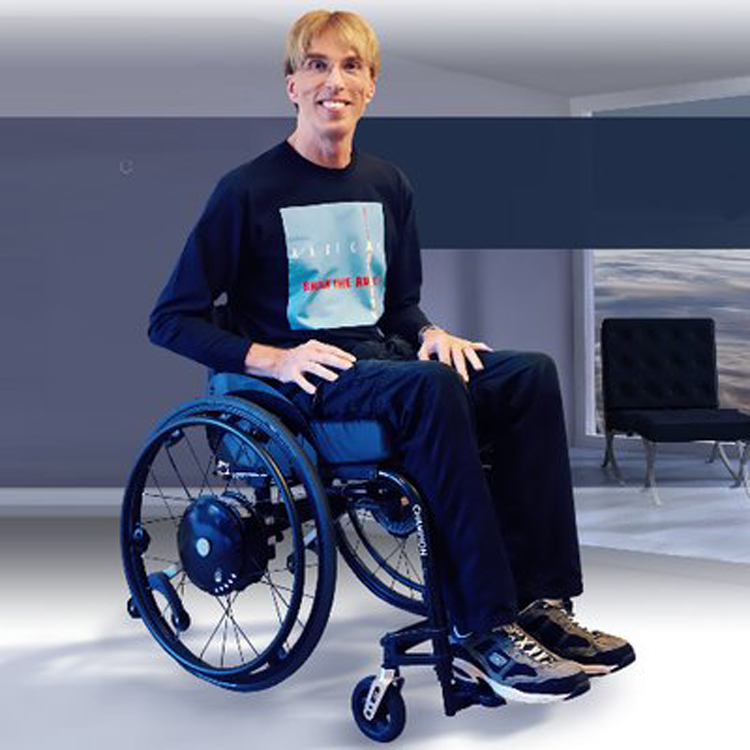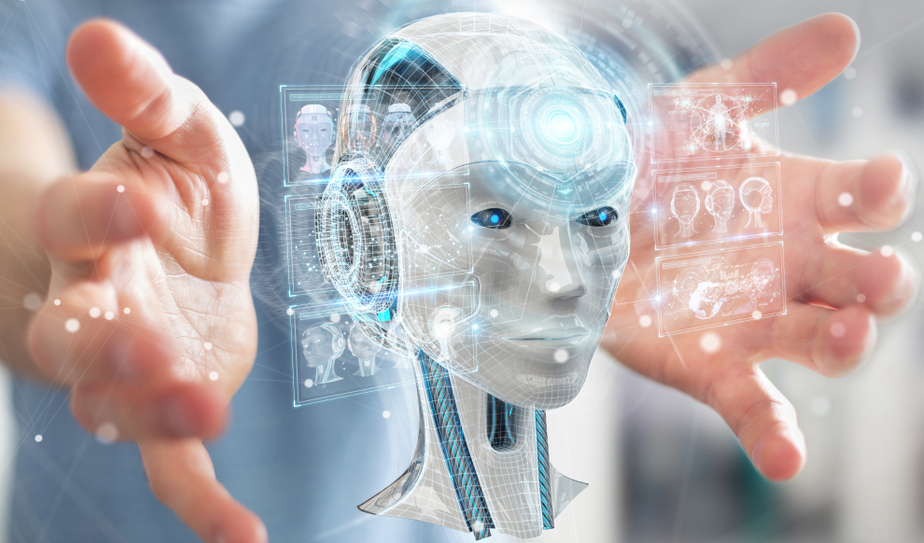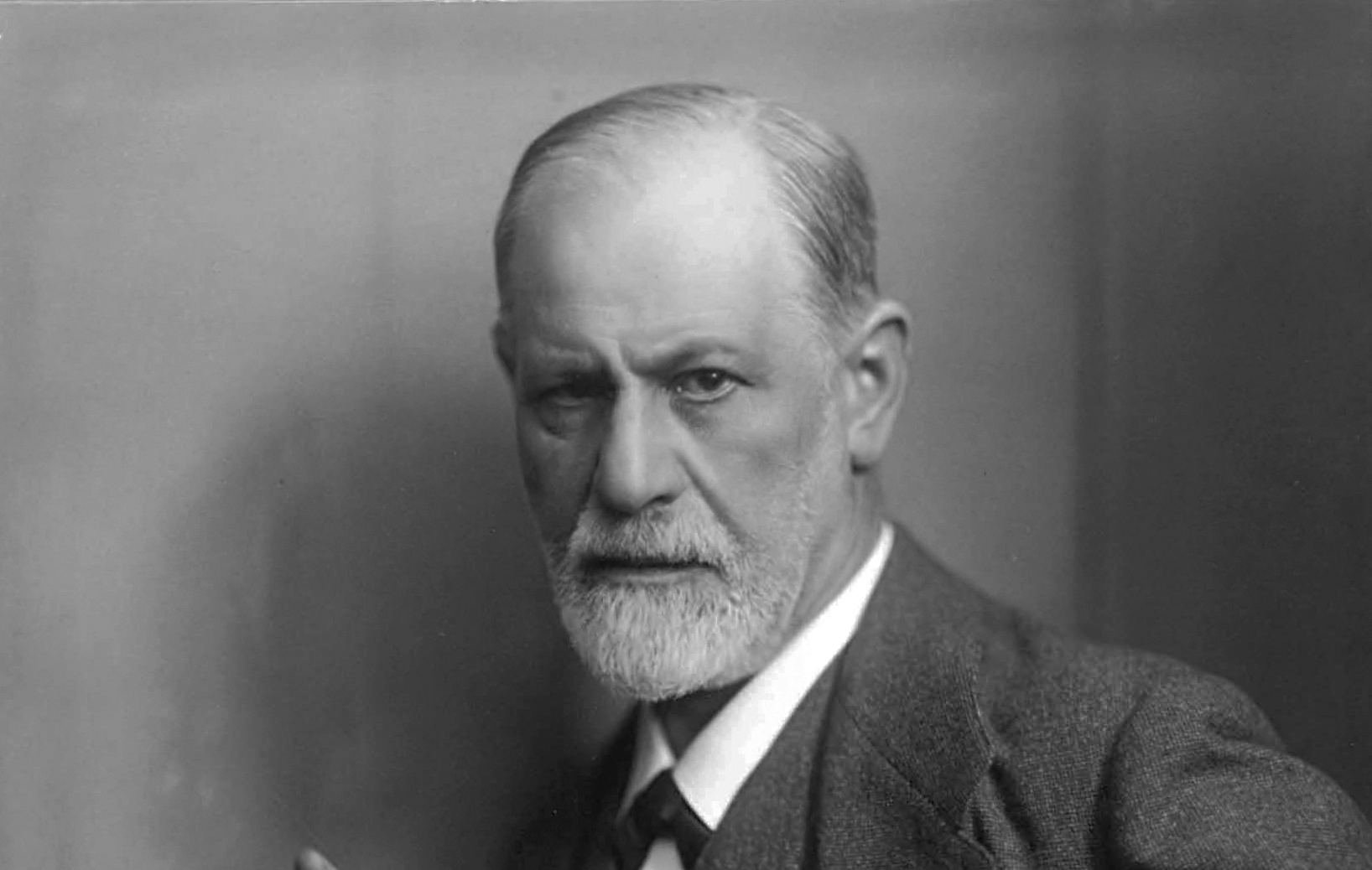Impossible, the manufacturer of a popular brand of shoes insists, is nothing. It would be simplistic to interpret this slogan as an innovative advertisement only. The catchphrase is a celebration of the human instinct to widen the scope of achievement. Indeed, the march of civilization has been nearly all-conquering. Nature has been tamed — with dire consequences for the future of mankind. The fortress of immortality — the final frontier that separates man from god — could now well be breached. It has been reported that a scientist, Peter Scott-Morgan — he is suffering from a terminal condition — has given his consent to turn into the world’s first cyborg. After a series of final, complicated procedures, Mr Scott-Morgan — Peter 2.0 — would be expected to emerge as, by far, the most advanced example of a human cybernetic organism, armed with, among other futuristic attributes, artificially intelligent body language as well as eye-tracking technology.
The potential of this Kafkaesque metamorphosis may be new. But the desire for such a transformation is quite old. The earliest of human cultures have shown a similar predisposition. The Etruscan people — this civilization thrived in ancient Tuscany — looked upon Charon as the man who lives forever. Indians are aware of Ashwathama who, too, survives not just the blood fest called Kurukshetra but death itself. Popular culture has caught on and presented readers of comic books with heroes and villains blessed with immortality. In a telling convergence of mythology, science and culture, technology wizards have taken on the challenge of extending human life into the realm of impossibility. Cryopreservation is seeking ways of vitrifying the human brain in the hope of triumphing against the passage of time and the effacement of memory. Transhumanists — Mr Scott-Morgan may well be an honourable member of this clan — have gone a step further, exploring the possibility of rewriting the script of evolution itself, so that humans can mutate into a stronger, faster, sexier and, most important, long-lasting species. The fields of research, evidently, are diverse. But the fuel propelling each of these radical ventures seems to be a common phobia — the fear of extermination. Intriguingly, this anxiety is all-pervasive, even though there exists a rich body of theological and spiritual thought that seeks to assure mankind with the possibility of afterlife.
However, Mr Scott-Morgan — or should that be Peter 2.0? — may not have accounted for an unforeseen challenge. The progress of civilization is essentially antithetical to the principle of contentment. The compulsion to break new ground is predicated upon the peculiarly human inability to rest on its laurels. Tellingly, the score of many a developed nation on the happiness index is supposed to be quite dismal. Charon, that Etruscan icon, would relate to this sense of disenchantment. Having conquered hell, he is said to have wanted nothing but death.













